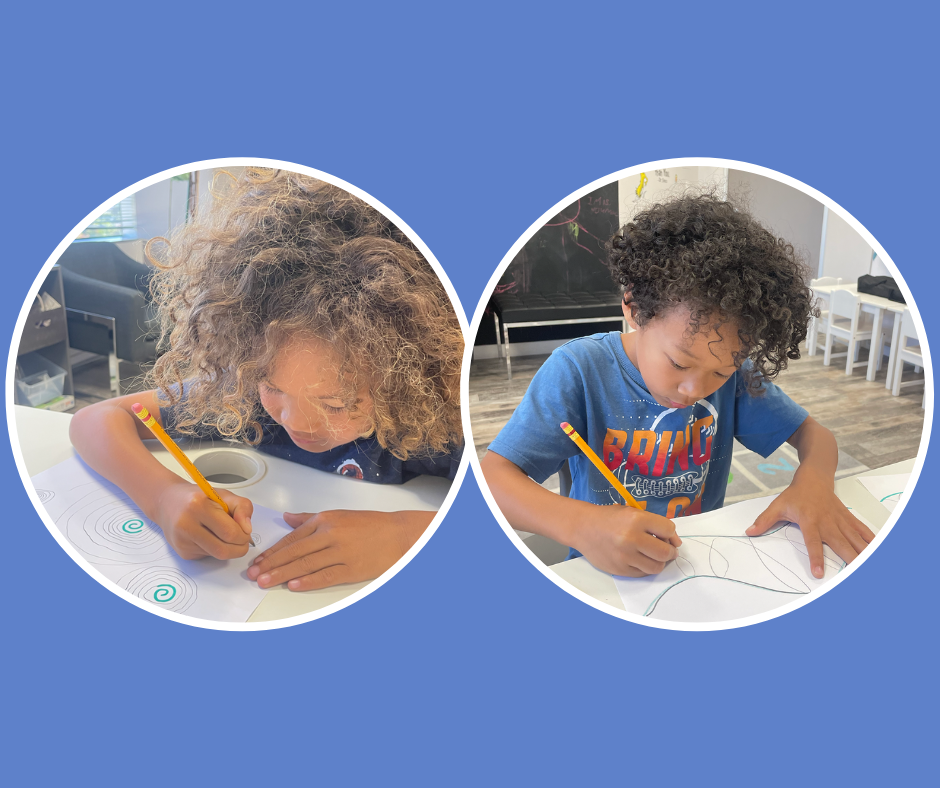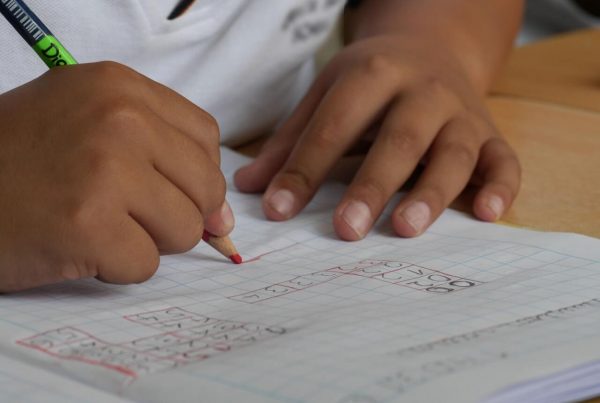
Nurturing organization and planning skills in children is essential for their overall development and future success. These skills provide a strong foundation for productivity, academic, and personal growth in children. Here are some effective ways to help children develop effective organization and planning skills:
- Time Blocking: Introduce the concept of time blocking, where specific time slots are allocated for different tasks. This helps children allocate time effectively for homework, hobbies, playtime, and other activities.
- Model Organized Behavior: Children learn a lot by observing adults and caretakers around them. Be a role model for them by demonstrating productive organization and planning in your own life. Show them how you use calendars, to-do lists, and other tools to organize family schedules and activities.
- Involve Them in Decision-Making: When planning family activities or events, involve children in the decision-making process. This gives them a sense of ownership and teaches them the mental steps needed to prioritize and plan accordingly.
- Break Tasks into Smaller Steps: Teach children to break big mountainous tasks into smaller, manageable steps. This approach makes tasks feel less overwhelming, encourages planning, and also guides children in organizing steps to accomplish their goals.
- Prioritize Tasks: Help children learn how to prioritize the difference between urgent and important tasks, and how to allocate their time and energy accordingly.
- Celebrate Achievements: Celebrate their successes, whether big or small, with praise for their “efforts.” Positive reinforcement encourages children to continue practicing productive organization and planning.
How We Can Help
At Little Thinkers Center, we employ several powerful methods to improve efficiency in organizing and planning. Logical Thinking games encourage the child to develop planning, strategizing, and decision-making skills. Visual Thinking exercises are used to improve the child’s attention, working memory, and overall ability to formulate and execute specific goals. General and Discriminative Movement Thinking activities are introduced to address motor coordination and planning. These goal-based exercises all help to inhibit impulsive responses, strengthen organization, and increase personal accountability.



